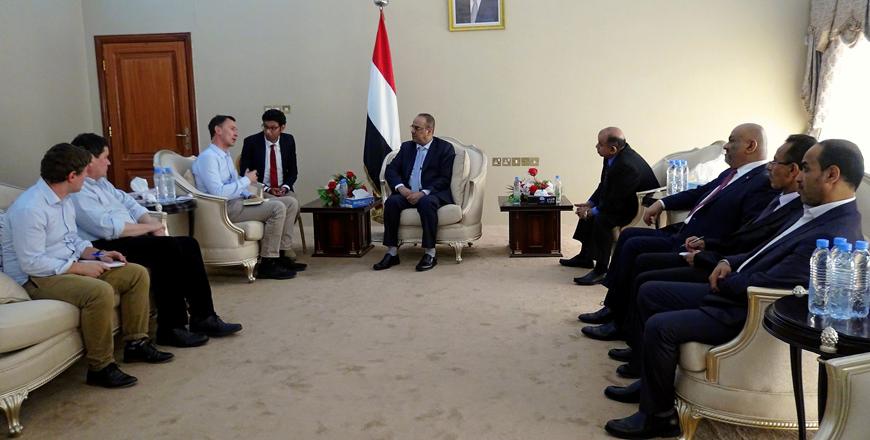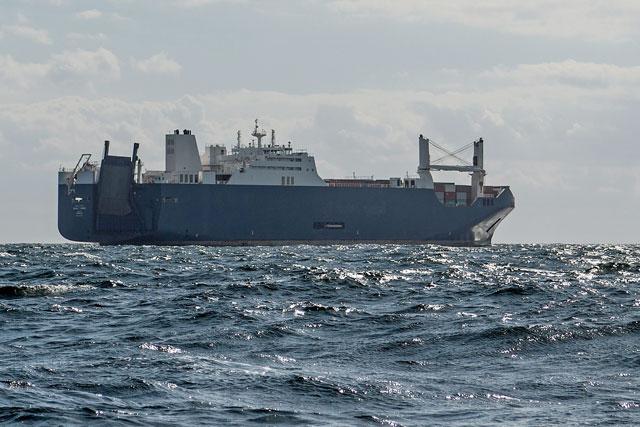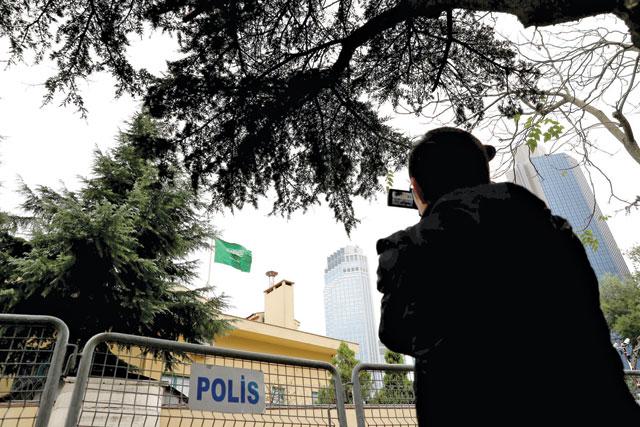You are here
Germany resists pressure to ease Saudi arms export halt
By Reuters - Feb 20,2019 - Last updated at Feb 20,2019
BERLIN — Germany is sticking to its weapons exports freeze to Saudi Arabia, the government said on Wednesday, resisting pressure to soften its stance after criticism from Britain and defence firms, including Airbus, who argue it is hurting commerce.
Germany said in November it would reject future arms export licences to Riyadh over the killing of Saudi journalist Jamal Khashoggi. It has not formally banned previously approved deals but has urged industry to refrain from such shipments for now.
British foreign minister Jeremy Hunt has urged Germany to soften its line, saying it is "imperative" that it exempt big defence projects from its arms sales halt to Saudi Arabiaor face damage to its commercial credibility.
A German economy ministry spokeswoman said no change was imminent.
"The view of the government is clear and there is no new situation. There is at the moment no basis for further approvals," she said.
German Foreign Minister Heiko Maas said decisions on arms shipments to Saudi Arabiawere tied to the conflict in Yemen.
"We are not delivering any weapons to Saudi Arabia at the moment and we will make future decisions depend on how the Yemen conflict develops and whether what has been agreed in the peace talks in Stockholm is being implemented," Maas told reporters after meeting Hunt in Berlin.
Finance Minister Olaf Scholz, in separate remarks, declined to say if the German government would extend the freeze beyond March 9. "We review it regularly and then make new decisions on that basis," he said.
In a letter to Maas this month, Hunt said he had "grave concerns" about the impact Germany's arms freeze was "having on the supply chains of UK and European defence industry and may ultimately have on Europe's ability to fulfil its NATO commitments."
Berlin's decision was delaying deliveries of Eurofighter Typhoon, Tornado and Hawk warplanes, and could result in contractual penalties for 500 companies in the supply chain of Britain's BAE Systems were affected, he said.
Hunt also said he saw a risk that Saudi Arabia would turn to Russian or Chinese supplies in the future.
Referring to the conflict in Yemen, where the Saudi-backed government is fighting the Iran-backed Houthi movement, Hunt said he was deeply concerned the freeze would dent the ability to influence key figures in coming months in the cause of peace.
His strongly-worded letter, first reported by Der Spiegel and seen by Reuters, followed complaints last week from a top Airbus official who told Reuters that the halt was preventing Britain from completing the sale of 48 Eurofighter Typhoon warplanes to Riyadh. He said the issue was also affecting potential sales of other weapons such as the A400M military transporter.
Eurofighter is built by a consortium of four founding countries — Germany, Britain, Italy and Spain — represented by Airbus, BAE and Italy's Leonardo
Khashoggi, a Washington Post columnist and critic of Saudi Crown Prince Mohammed Bin Salman, was killed in the Saudi consulate in Istanbul by a team of Saudi operatives on October 2, provoking an international backlash. Riyadh has denied the crown prince had any involvement.
Related Articles
RIYADH — British Foreign Secretary Jeremy Hunt said he held talks on Saturday with his Saudi counterpart in Riyadh that focused on human rig
PARIS — The Saudi-led military campaign in Yemen may have increased public pressure on EU governments to freeze arms sales to the
LONDON — Britain, France and Germany insisted on Sunday that "light must be shed" on the whereabouts of journalist Jamal Khashoggi as they c

















